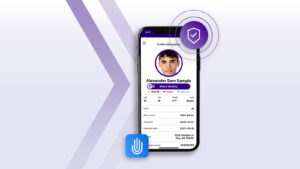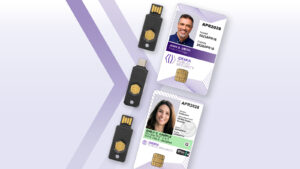Mobile ID solutions such as Verifiable Credentials are the single most important security innovation since locking your front door. This technology that Microsoft is now supporting in Azure Active Directory increases access to personal information while improving the security of their identity against theft, making it easier and faster for governments and organizations to verify identities and credentials.
— Matt Thompson
Senior Vice President, Civil Identity, at IDEMIA North America
Within verifiable credentials, IDEMIA’s identity verification tools match the data against the system of records to provide an authoritative proof of identity for an individual. Because the digital information is verified by IDEMIA, the individual is protected by layers of security, and verification will take only minutes instead of days or weeks. IDEMIA is launching the service in the U.S. with plans to expand to additional markets.
Verifiable credentials will revolutionize the way we grant access to information. Organizations will be able to verify identity information quickly with solutions like IDEMIA, while individuals will be able to own and control their credentials.
— Sue Bohn
Partner Director Program Management, Identity Division at Microsoft Corp.
Verifiable credentials are based on an open standard developed in the world wide web consortium (W3C) known as Verifiable Credentials Data Model 1.0. A verifiable credential that is represented as a JSON Web Token (JWT) has an expected structure. This standard makes it easy for credentials to be ‘portable’ across organizational boundaries. For example, a credential issued by a university can be verified by any employer, bank, or any other organization that accepts the same verifiable credential standard.



